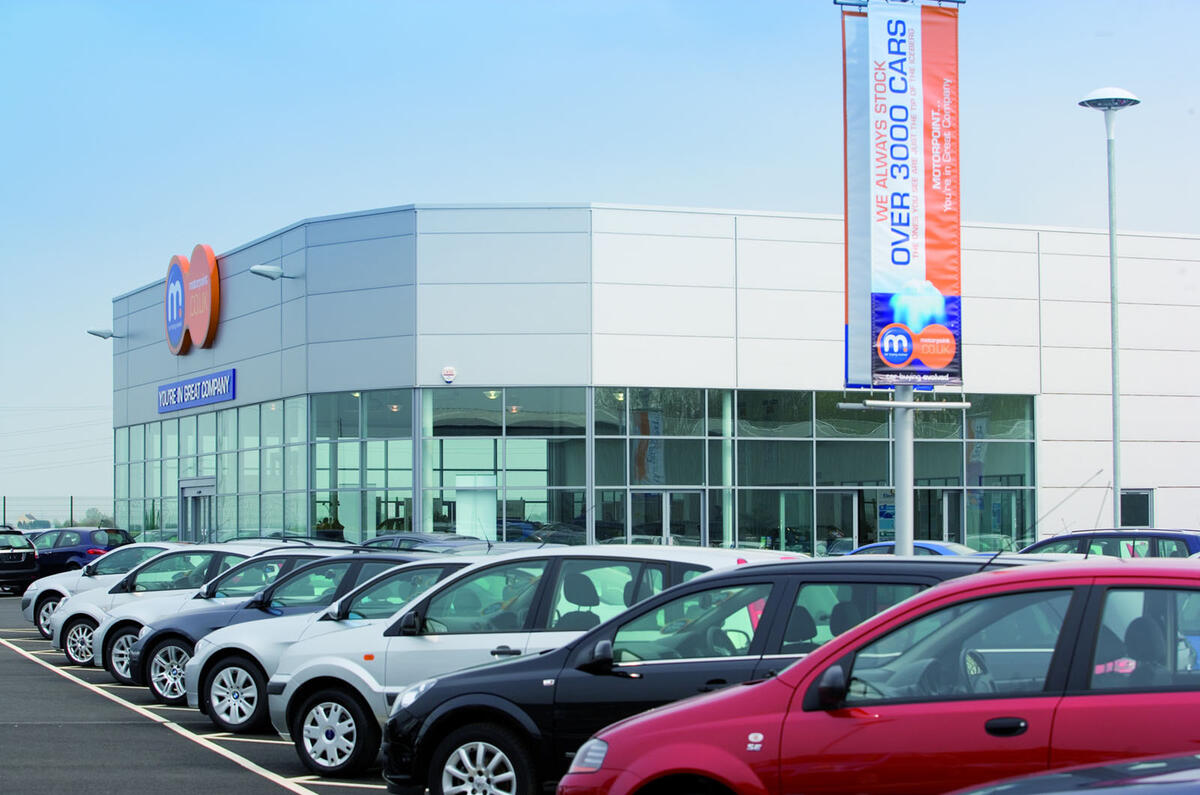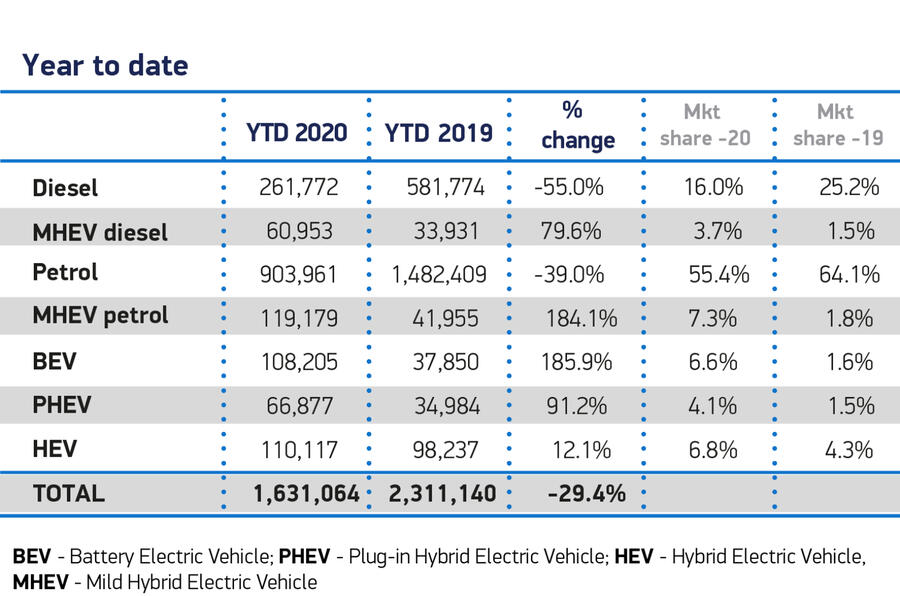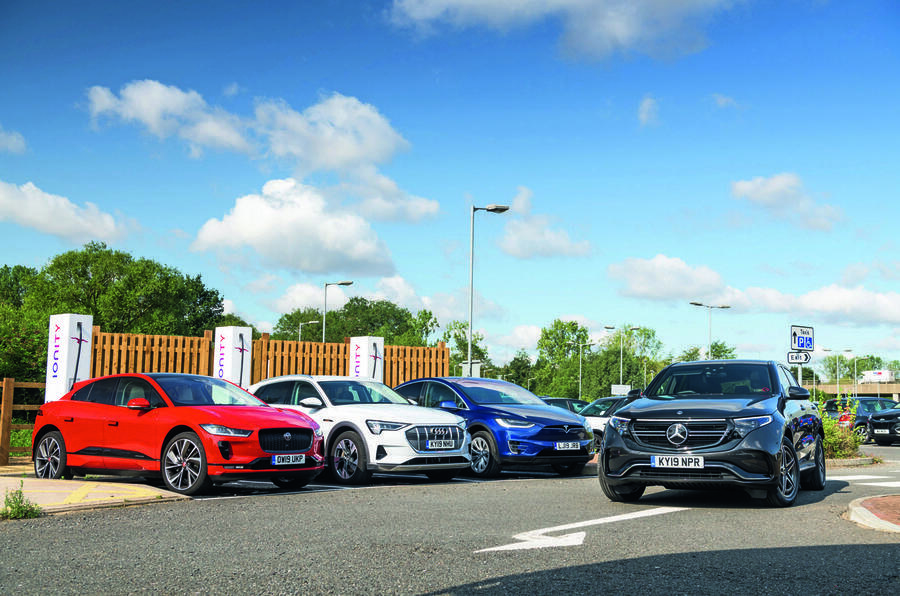UK car registrations fell by around 29.4 per cent in the UK last year, with the 1.63 million cars sold the lowest total since 1992 as the industry was hit hard by the effects of Covid-19 lockdowns. But sales of both electric cars and plug-in hybrids both rose sharply, with plug-in cars now accounting for more than 10 per cent of UK sales.
According to preliminary data from the Society of Motor Manufacturers and Traders (SMMT), 1,631,064 cars were sold in the UK last year. That's around 600,000 fewer cars were sold in the UK in 2020 than in 2019, representing the largest year-on-year decline since 1943, when sales slumped because many car plants were repurposed to produce military equipment.
The bulk of the sales decline in 2020 was attributed to the first lockdown from March-June last year, where many dealerships were shut. During the second lockdown in November last year, dealerships were able to continue offering ‘click-and-collect’ online sales - which will also be allowed during the new lockdown recently introduced in England by the UK government.
At the start of 2019 – before the coronavirus pandemic began – the SMMT had estimated that around 2.2 million cars would be sold in the UK this year. The final figure of 1.63 million represents a loss to the industry of around £20.4 billion, and a loss to the UK government of £1.9 billion in VAT receipts.
“The big issue last year was the effect of Covid and that is continuing into 2021. Overall, there’s no surprise it was a very, very difficult year,” said SMMT chief executive Mike Hawes. “There are unprecedented levels and it’s challenging the industry continuously.”
But while the overall figures were grim, there were some positive signs for the industry. Sales of battery electric and plug-in hybrids both increased substantially, with plug-ins accounting for one in 10 of all cars sold in the UK last year. The UK is set to ban sales of all non-zero emission cars, with the exception of certain hybrids, by 2030.
How Covid-19 impacted the UK industry in 2020
Hawes said that, based on provisional data, the UK fared worse than Germany, France and Italy, but slightly outperformed Italy. He added: “It’s notable that all those countries had some form of incentive [for buyers, to boost new cars sales], sometimes confined just to PHEVs and battery electric vehicles. We haven’t, so we haven’t seen any artificial demand.
“That means the 29% decline is something the industry is basically having to cope with,” who noted that the SMMT didn’t expect to regain those sales in the coming years.



















Join the debate
Add your comment
Haha. The analysis here from SMMT is as believable as a £40,000 car being the UK's best selling car of the month.
Let's turn the clock back a year or several years, or even just a week if you prefer. We buyers were putting off our car purchases because of the uncertainty of Brexit. That's what Hawes & Co told you.
So now a deal has been struck and all that supposed uncertainty has been removed, our car industry can now look forward to all those buyers rushing to buy those shiny new cars?
Oh no. Mike and his mechanics have found another source of misery and excuses for a downturn in car sales.
The Brexit excuse always was a load of tosh for a downward turn in car sales. Some of us have been trying to tell you that for the past 4 years.
There's always groups of people out there with a lot of money - either from being very successful (far beyond the average person's achievements either by hard work or very good luck), inheritence, crime or the golden age of being treated well by employers like having final salary pensions (that no longer is the case) - whilst the majority of the population stress about getting by or where the next mortgage payment is coming from.
It's those 'always rich' people (no matter what the current economic situation) that are buying over-priced EVs (and ICE car prices are catching up too).
Normal people will be using clapped-out old bangers, public transport or bicycles to get around once lockdown is over - the motor industry will reap what they sow.